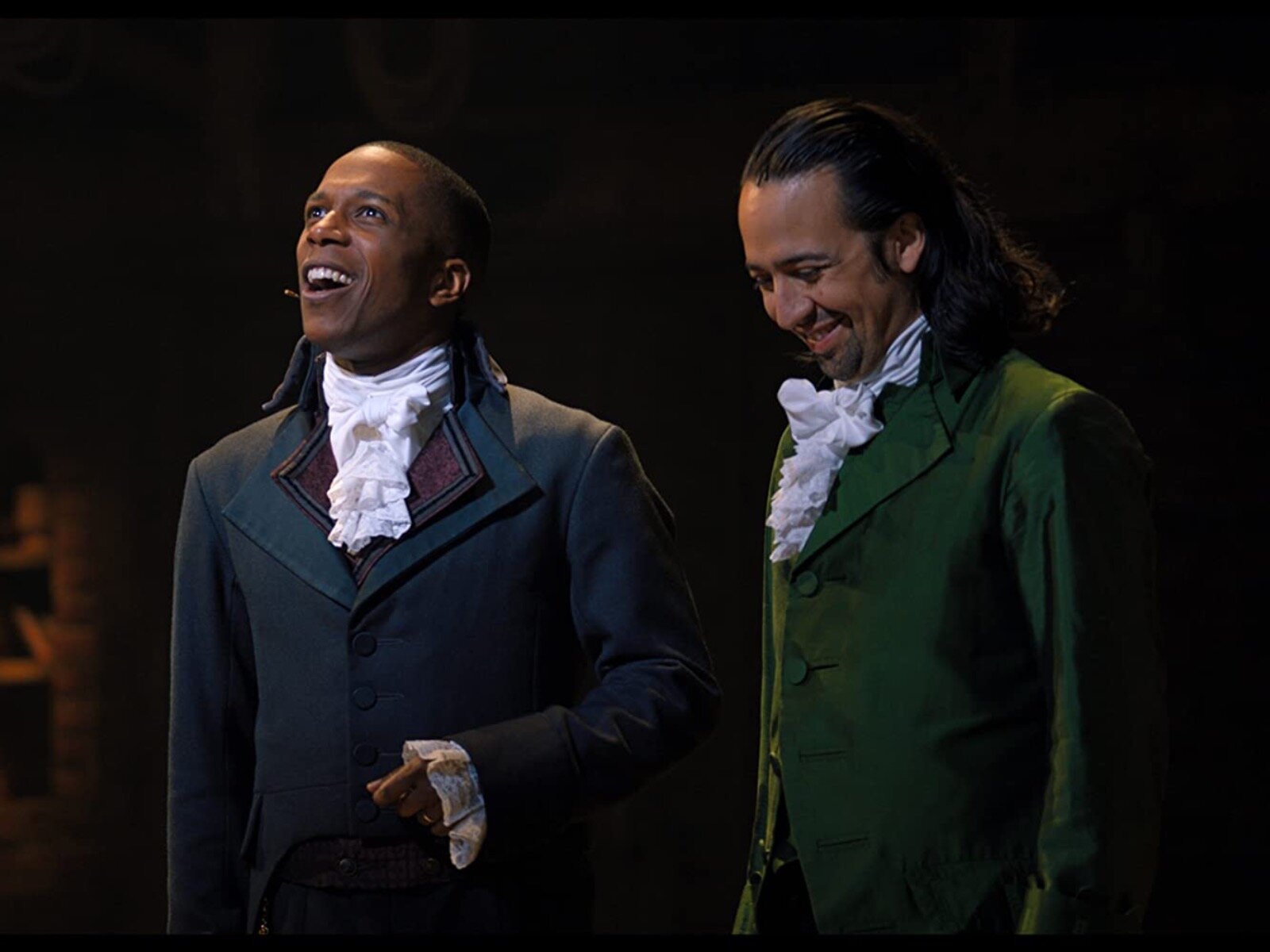FDR stands for Franklin Delano Roosevelt? Well color me shocked, because throughout "Hyde Park on Hudson," Roger Michell's sleazy piece of Oscar bait, I would've sworn it stood for filthy, dirty and rotten. And that's just the way the film portrays the 32nd President. The movie itself is pretty ugly in its own right.
It starts off nicely enough. Daisy, played by Laura Linney, lives a quiet life in the country taking care of her aging mother when she receives a call from the President's mother. It turns out presidential duties can be quite stressful, especially for a nation just edging its way out from the Great Depression. Franklin (Bill Murray, whose performance deserves a better movie) needs to relax, and his mother can think of no one better than his sixth cousin to take FDR's mind off of his work.
The two quickly become friends, looking at his stamp collection and going for drives out into the scenic beauty of upstate New York. It's all sweet and pleasant until, during one special drive, FDR and Daisy go off without their police escort into a field and turn their friendship into a sexual arrangement. She finds a deep connection and affection for Franklin. He seems far less attached, especially with his wife Eleanor (Olivia Williams, making the most out of a poorly written role) and his other mistress, Missy (Elizabeth Marvel), both living at Roosevelt's estate as well.
The story is based on the private journals of the real Margaret "Daisy" Suckley (the sexual nature of their relationship is still up for debate), but that doesn't excuse the way Michell and screenwriter Richard Nelson handle the material. Nelson's screenplay barely develops the couple's relationship, so when it gets to the presidential hanky-panky, it feels uncomfortably sleazy – even more so since their friendship originally seems to be based on being family. Yuck.
There may be some material there to create a decent melodrama, but Michell (whose previous work was 2010's immediately forgettable "Morning Glory") chooses to aim for pleasant whimsy and giggles. As a result, what is already a rather sordid tale becomes even more unpleasant as it tries to milk an awkward arrangement for laughs.
This is especially the case when Nelson's script forces the female characters to accept FDR's philandering, womanizing and heartbreaking ways as something they simply must get used to. Daisy's emotional outrage gets put down quickly because I guess he's the President. And a nice guy. Bill Clinton must want this crew to do his eventual biopic.
Eleanor gets it even worse, as she is turned into a shrill caricature and troublemaker. It's as though the movie is attempting to apologize and make excuses for FDR's behavior. As a result, he comes off as a chauvinistic jerk (despite Murray's warm performance) whom we're supposed to give a pass. The only people who come off worse are the film's creators.
Hidden underneath all of this ugly, soapy drama is a subplot about the King and Queen of England (Samuel West and Olivia Colman) making their first visit to America in order to lure FDR into helping in the impending war. It's easily the better – or at least the more consistent – plotline, but it's still not particularly good.
Admittedly, "The King's Speech," which covered the same characters so recently, weighs heavy in the mind, but even if the Best Picture-winning picture didn't exist, the storyline is weakly told. Despite the massive stakes, the drama feels very slight, with the climactic moment involving a hot dog cookout – an unfortunate metaphor considering the other plotline, made more unfortunate by the decision to have an extended scene of Daisy delicately putting condiments on the King's hot dog.
Otherwise, the rest of the story involves the British monarchs – scratch that, everyone in the estate – gossiping about one another, and Linney narrating and explaining everything as though "Hyde Park on Hudson" functions as a film for the blind. It's so inconsequential, avoiding anything interesting in order to whisper rumors and set up clumsy culture clash jokes.
For all of the unpleasantness that permeates through "Hyde Park on Hudson," it's not all reprehensible. I like Murray, the scenery is nice and there are a few interesting sequences, mainly one post-dinner chat in which FDR consoles Bertie that they may be weakened men, but their strength is what people truly care about. It fits in with the film's general theses that we used to care about a person's whole character rather than his or her faults and that secrets are sometimes acceptable – a hard idea to swallow when your secret involves mistreating women for your own selfish needs, but I've prattled on enough about that.
That'd be nice and all ... if the movie didn't totally contradict itself in the process. In their end credit epilogue, they note that this was Daisy's secret that she had all to herself. But then they made a gossipy, soapy film so the whole world could see and snigger about it. "Hyde Park on Hudson" plays like a schoolgirl who complains about how she can't trust anyone but then says that she heard from Bobby that Dave and Sarah made out under the bleachers. Who needs political drama when you can have high school drama?
As much as it is a gigantic cliché to say that one has always had a passion for film, Matt Mueller has always had a passion for film. Whether it was bringing in the latest movie reviews for his first grade show-and-tell or writing film reviews for the St. Norbert College Times as a high school student, Matt is way too obsessed with movies for his own good.
When he's not writing about the latest blockbuster or talking much too glowingly about "Piranha 3D," Matt can probably be found watching literally any sport (minus cricket) or working at - get this - a local movie theater. Or watching a movie. Yeah, he's probably watching a movie.







